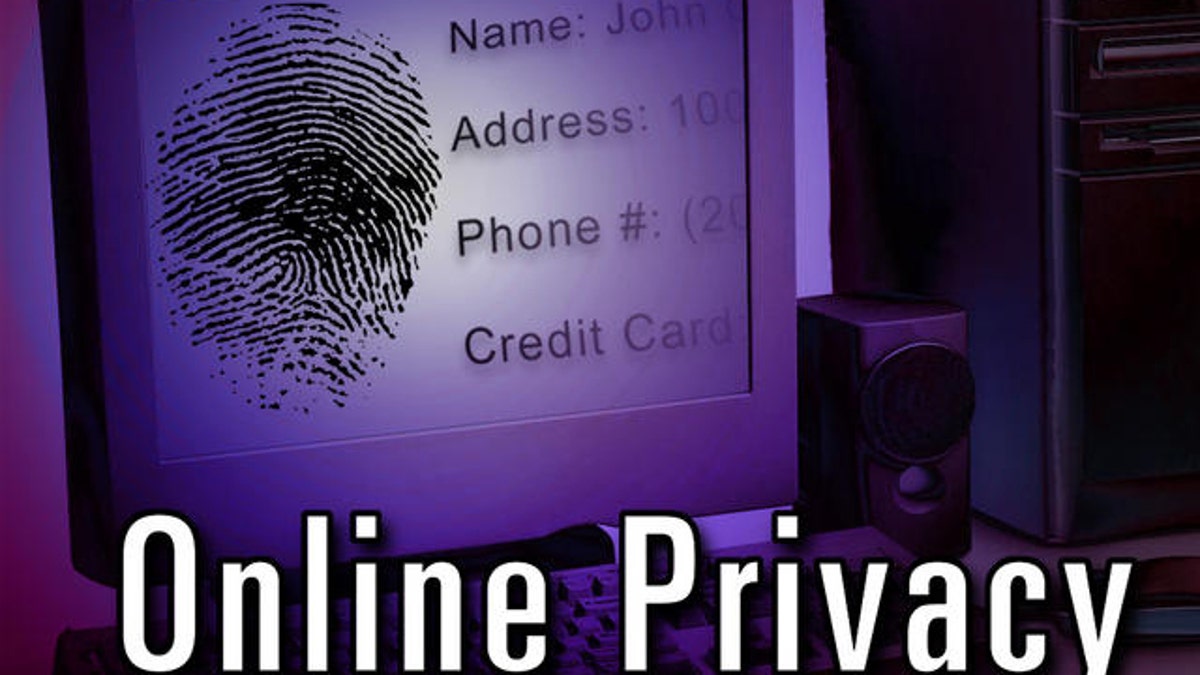
(AP)
It's a bad time to be living in South Carolina if you value your privacy. A hacker struck the South Carolina Department of Revenue and stole 3.6 million Social Security numbers and data from 387,000 credit and debit card accounts.
The sad part is that this was the third successful attack in two months! That doesn't really inspire confidence.
South Carolina is providing those affected with one year of free credit monitoring, but that's a small comfort when hackers have your information.
If you don't live in South Carolina and think your data is safe, think again. All that stands between you and complete identity theft is one bad password or missed computer patch in a government or corporate office.
Does that mean you should rush out and purchase identity theft protection? Not necessarily.
You’ve probably seen ads touting identity theft protection services. For a monthly fee, your credit report is locked and you receive copies of your credit reports annually. The services also promise to insure you against identity theft.
Unfortunately, those monthly fees add up quick, and you can accomplish the same thing for less through the credit reporting agencies. Plus, you don’t need to disclose personal data to a third party.
Free credit reports
Keeping an eye on your credit report is your first step to protecting yourself.
Federal law grants you a free credit report each year, and each of the three major credit reporting agencies must provide one.
I recommend staggering your credit report requests. For example, request a report from Experian. Four months later, request one from Equifax. After four more months, request it from TransUnion.
Credit activity should appear on all reports. However, there may be discrepancies among reports from the three bureaus. Also, be aware that a credit report doesn't include your credit score.
You can request your free reports at AnnualCreditReport. Be sure you go to the correct site! Many sites use the word Free in their names, but for free reports mandated by Congress, you want AnnualCreditReport, period.
Freezing your credit
If you want another level of security, you can freeze your credit report. This prevents new creditors from accessing your credit report.
That means they're less likely to issue credit to an identity thief. Of course, that assumes that the creditor consults a reporting agency.
Companies that already have your business can still access your report for fraud investigation, collection, account review and the like.
Plan carefully if you freeze your credit because you can’t apply for new credit with a freeze in place, and credit limits cannot be increased on existing accounts.
You can lift a credit freeze; however, it may take three days or longer to take effect.
A freeze can be lifted temporarily for a particular creditor. You just need to call the credit agencies, verify your identification, provide a special PIN and then you name the creditor. You may need to provide a second PIN to the creditor as well.
If you plan in advance, you can lift a freeze for a set amount of time ranging from 1 to 30 days. This is helpful if you are comparing credit card or mortgage rates.
You must freeze your credit with each of the three major agencies. In most cases, you will pay $10 to freeze your credit. The amount depends upon your state of residence, and some states limit freezes to seven years.
There is also a charge for lifting a freeze permanently. Again, this is usually $10.
Things are different if you can prove that your identity was stolen. Fees for credit freezes and removals are generally waived.
Credit reporting agencies do not always make freeze information easy to find. I have direct links to the required steps at Equifax, Experian and TransUnion.
Monitoring your credit
For more security, you can sign up for credit monitoring. You’ll be able to spot the first signs of identity theft. You’re alerted to any changes in your credit reports
All three reporting agencies offer monitoring services for $15 monthly. And the benefits outshine those offered by third-party services.
Unlike credit freezes, you only need to sign up with one agency.
You’ll also receive insurance against identity theft (the insurance is not applicable to New York residents). Start at the home pages of Equifax, Experian and TransUnion and search for credit monitoring.
Want even more ways to protect your identity? I also operate an online store where I handpick each item we carry. Click here to check out various products that will make your life more secure..
Copyright 2012, WestStar Multimedia Entertainment. All rights reserved.
Kim Komando hosts the nation's largest talk radio show about consumer electronics, computers and the Internet. To get the podcast, watch the show or find the station nearest you, visit: http://www.komando.com/listen. To subscribe to Kim's free email newsletters, sign-up at: http://www.komando.com/newsletters.








































